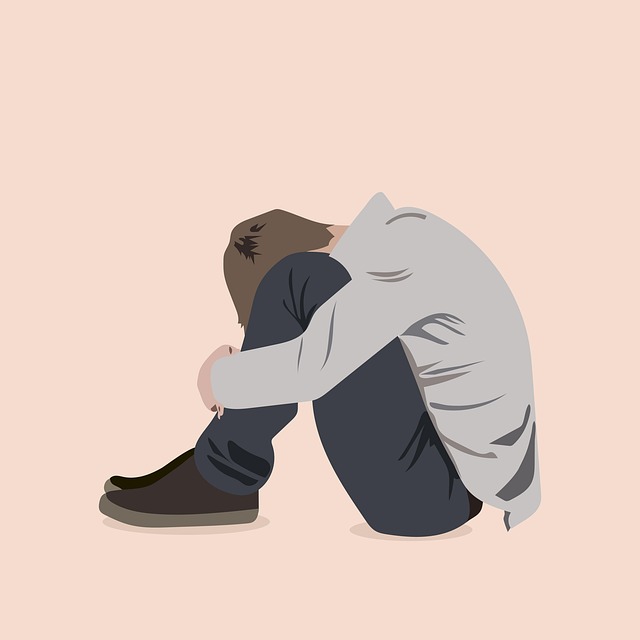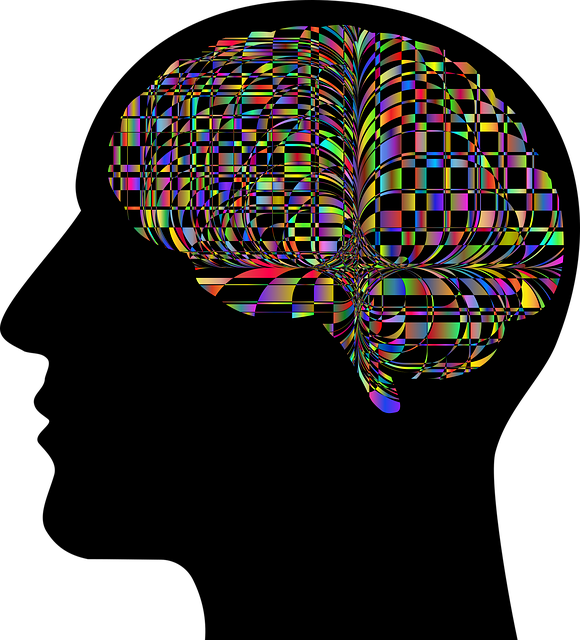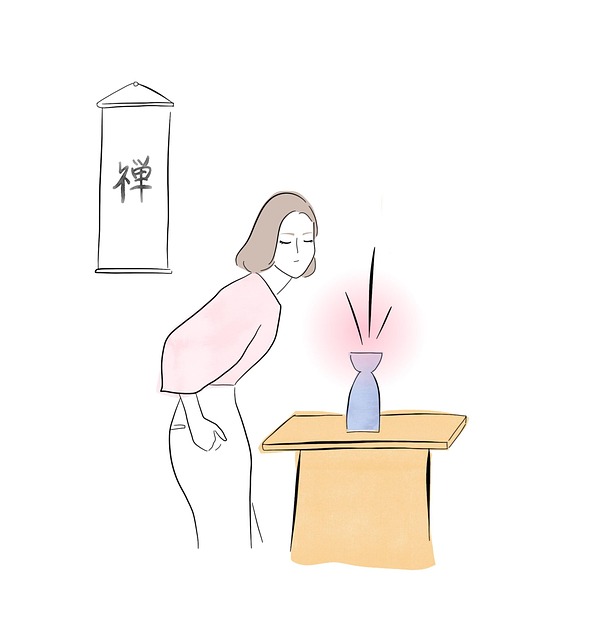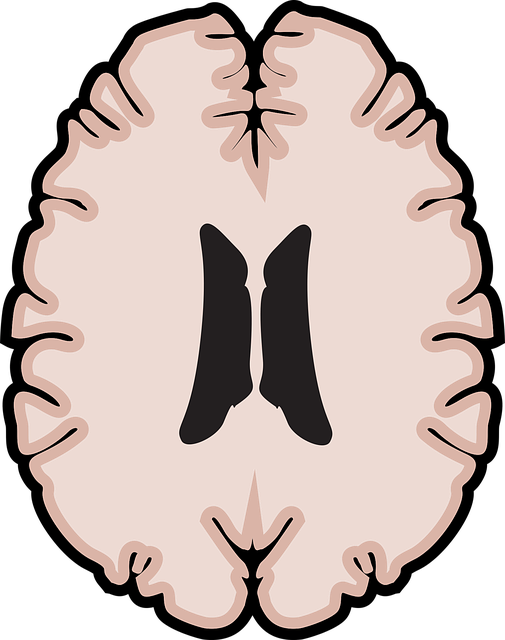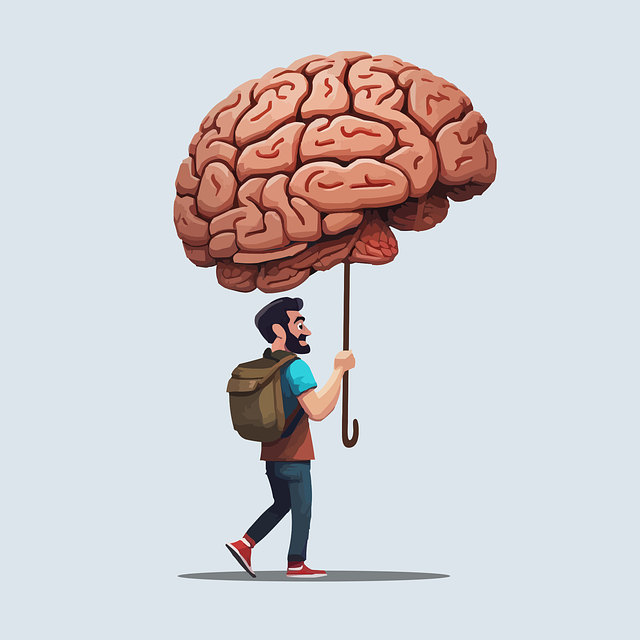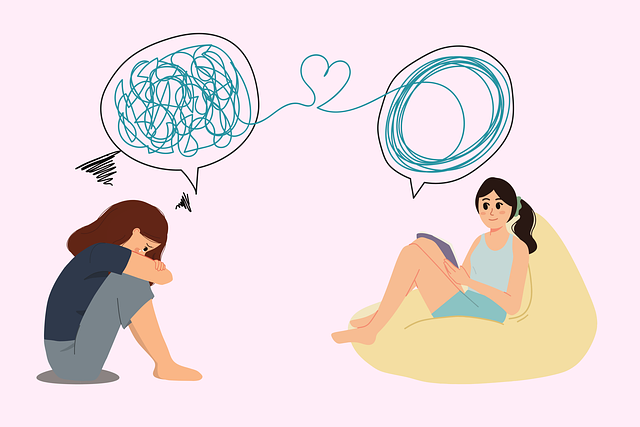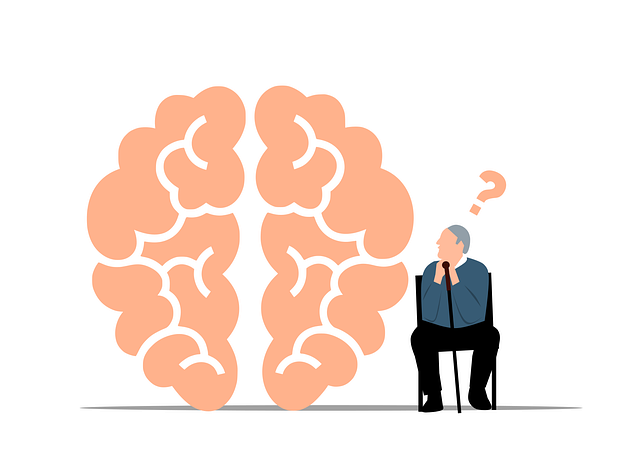Anxiety among young adults is a common mental health challenge characterized by physical and cognitive symptoms. Effective management involves recognizing triggers, understanding personal experiences, and exploring various therapy options like EMDR (Eye Movement Desensitization and Reprocessing), which desensitizes individuals to traumatic memories through bilateral stimulation. Cognitive Behavioral Techniques (CBT) in conjunction with EMDR offer a holistic approach. Mindfulness practices, lifestyle adjustments, and support networks are also crucial for anxiety relief. Therapy for young adults and EMDR-certified professionals play pivotal roles in combating anxiety, improving mental wellness, and enhancing quality of life.
Anxiety is a prevalent concern among young adults, yet managing it effectively can lead to improved well-being and quality of life. This comprehensive guide explores powerful techniques to combat anxiety, focusing on strategies that have proven successful in treating this generation’s mental health challenges. From understanding the symptoms and triggers to exploring therapeutic options like EMDR (Eye Movement Desensitization and Reprocessing), cognitive behavioral therapy, mindfulness, and lifestyle adjustments, these methods empower individuals to take control of their mental health. Discover how certified EMDR therapists can be game-changers in overcoming anxiety and embracing a calmer, more resilient you.
- Understanding Anxiety: Symptoms and Triggers in Young Adults
- EMDR Therapy: A Game-Changer for Overcoming Anxiety
- Cognitive Behavioral Techniques for Effective Anxiety Management
- Mindfulness Practices to Calm the Anxious Mind
- Lifestyle Adjustments for Reducing Anxiety Levels
Understanding Anxiety: Symptoms and Triggers in Young Adults

Anxiety is a common yet complex mental health challenge faced by many young adults today. Recognizing the symptoms and understanding personal triggers are crucial steps in managing anxiety effectively. Physical sensations like rapid heartbeat, shortness of breath, and dizziness, along with cognitive aspects such as excessive worry, rumination, and negative self-talk, can indicate an anxiety episode. Triggers vary from person to person, encompassing various factors like academic pressures, social interactions, or even specific environments.
For young adults seeking support, therapy options such as EMDR (Eye Movement Desensitization and Reprocessing) certified practitioners offer evidence-based approaches. This specialized therapy helps individuals process traumatic memories and reduce anxiety symptoms. Additionally, Mental Health Policy Analysis and Advocacy play a vital role in fostering supportive environments, while Healthcare Provider Cultural Competency Training ensures that professionals are equipped to address the unique needs of young adults with anxiety, facilitating more effective treatment and improved outcomes.
EMDR Therapy: A Game-Changer for Overcoming Anxiety

EMDR Therapy, short for Eye Movement Desensitization and Reprocessing, is a groundbreaking approach that has been transforming lives, especially for young adults seeking effective anxiety management. This therapy method utilizes bilateral stimulation, often in the form of side-to-side eye movements, while patients recall traumatic or stressful events. The process helps to desensitize individuals to these memories, reducing their emotional intensity and associated anxiety.
For those struggling with anxiety disorders, EMDR Certified therapists can offer a powerful tool for healing. It enables self-awareness exercises that facilitate the reprocessing of distressing memories, thoughts, and feelings. As part of the Mental Wellness Podcast Series Production, experts often highlight how this therapy encourages clients to reframe negative perspectives, fostering mental wellness and resilience. With its ability to revolutionize traditional therapy methods, EMDR is a game-changer in the field, providing hope and effective solutions for young adults navigating anxiety.
Cognitive Behavioral Techniques for Effective Anxiety Management

Cognitive Behavioral Techniques (CBT) offer a powerful toolkit for managing anxiety, especially among young adults. This form of therapy helps individuals identify and challenge negative thought patterns and beliefs that contribute to anxious feelings. By focusing on changing one’s thoughts and behaviors, CBT empowers people to take control of their emotional responses. It is particularly effective in treating various types of anxiety disorders, as it teaches practical strategies for coping with stressors.
For those seeking comprehensive anxiety relief, combining CBT with Eye Movement Desensitization and Reprocessing (EMDR) therapy can be highly beneficial. EMDR-certified therapists assist clients in processing traumatic memories or distressing events that might be at the root of their anxiety. This dual approach, combining cognitive restructuring with emotional processing, offers a holistic solution to stress management. Additionally, compassion cultivation practices and mental wellness coaching programs developed around CBT principles can further enhance an individual’s ability to navigate and overcome anxiety-provoking situations.
Mindfulness Practices to Calm the Anxious Mind

Mindfulness practices have emerged as a powerful tool for managing anxiety, especially among young adults seeking therapy. Techniques like meditation and deep breathing help individuals cultivate present-moment awareness, redirecting their focus away from anxious thoughts and into their senses. This simple yet profound shift can significantly reduce feelings of overwhelm and fear, offering a much-needed respite from the constant stream of worries that often characterize anxiety disorders.
For those exploring therapy options, Eye Movement Desensitization and Reprocessing (EMDR) has gained recognition as an effective approach. As a certified EMDR therapist, professionals guide clients through a structured process that facilitates the brain’s natural healing mechanisms, helping them process traumatic memories or distressing experiences. By combining mindfulness practices with EMDR techniques, young adults can gain greater control over their anxious responses and improve overall mental wellness, supported by evidence-based strategies tailored to their unique needs.
Lifestyle Adjustments for Reducing Anxiety Levels

Anxiety levels can be significantly reduced through thoughtful lifestyle adjustments, especially for young adults seeking effective solutions. Incorporating regular physical activity, maintaining a balanced diet, and prioritizing adequate sleep are essential components of this strategy. Engaging in activities that promote relaxation, such as mindfulness practices or yoga, can help manage stress and foster mental well-being. Additionally, connecting with support networks, whether through therapy groups or individual counseling with EMDR-certified professionals, offers valuable coping mechanisms and enhances mental health awareness.
These lifestyle changes work synergistically to combat burnout prevention, a common issue among those grappling with anxiety. By addressing overall mental health awareness, young adults can develop sustainable strategies for mood management, leading to improved quality of life. Therapy for young adults, particularly approaches like EMDR (Eye Movement Desensitization and Reprocessing), provides specialized tools tailored to their unique challenges, empowering them on the path to better emotional regulation.
Anxiety management is a journey unique to each individual, and the techniques outlined in this article offer valuable tools for young adults seeking to overcome their anxiety. From understanding the symptoms and triggers to exploring therapeutic approaches like EMDR, cognitive behavioral therapy, mindfulness practices, and lifestyle adjustments, there’s a comprehensive path to managing and reducing anxiety levels. For young adults struggling with anxiety, seeking professional help from an EMDR certified therapist can be a game-changer, providing effective strategies for a calmer, more fulfilling life.

